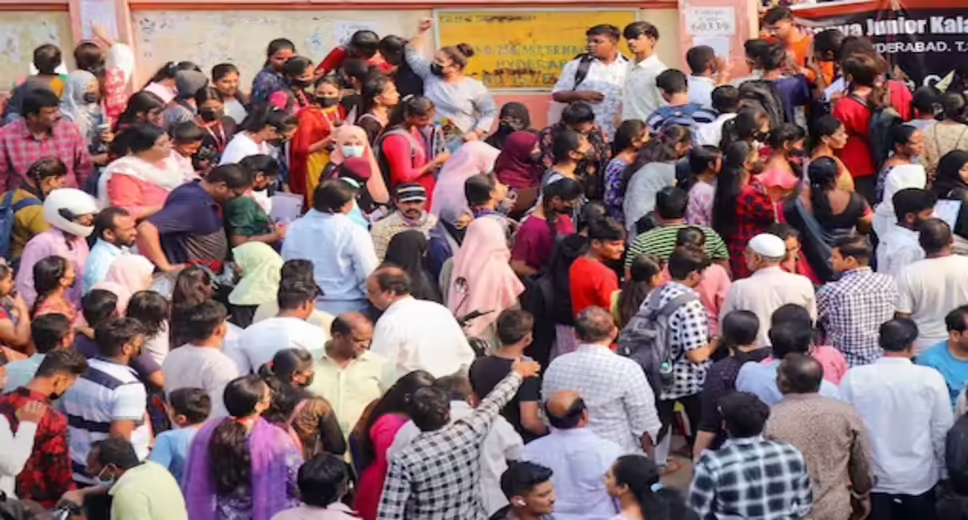CLAT 2024: BCI Lends Support To Plea Seeking Conduction Of Exam In Regional Languages

The Bar Council of India (BCI) has expressed to the Delhi High Court its belief that conducting the Common Law Admission Test (CLAT) in languages other than English could broaden access to the exam and enable more individuals to pursue a legal career. Administered by the Consortium of National Law Universities, CLAT, which is currently conducted exclusively in English, is slated for December 2023. The BCI articulated its position in a sworn affidavit submitted in response to a Public Interest Litigation (PIL) advocating for the inclusion of regional languages alongside English, according to a report by the Indian Express.
The BCI's affidavit stated, "The Bar Council of India endorses the petitioner's request to hold the CLAT examination in languages other than English, as this adjustment could grant greater numbers of citizens the opportunity to partake in the exam and follow a career in law." Additionally, the Bar Council of India has lent its support to Sudhanshu Pathak, the petitioner and a law student at Delhi University who raised the matter.
The petitioner contended in the PIL that the CLAT (UG) exam introduces "inequity" and does not establish a "level playing field" for students hailing from regional educational backgrounds. In its response, the BCI referenced the Legal Education Rules, which stipulate English as the medium of instruction for both five-year and three-year law programs. However, the BCI emphasized that institutions have the prerogative to offer instruction in languages other than English. Should legal education be imparted in a language other than English, students are required to include English as a compulsory subject.
The All India Bar Examination (AIBE) is currently available in 23 languages, including English, Hindi, and other regional languages. The Consortium of National Law Universities informed the High Court that preparations for the upcoming CLAT 2024 are well underway and introducing additional languages without careful consideration would create substantial administrative and operational challenges.
The consortium revealed its establishment of an expert committee comprising vice-chancellors from five member NLUs to delve into the prospect of including additional languages for the CLAT. This committee is tasked with developing a comprehensive plan after soliciting input from stakeholders and identifying potential limitations. The consortium indicated that the expert committee's findings will facilitate the necessary preparations and mitigate any potential obstacles for conducting the CLAT in regional languages. The committee convened for its inaugural meeting on June 25, during which certain pertinent issues were discussed.
The petitioner's argument posits that in a highly competitive exam, students from non-English language backgrounds could encounter linguistic barriers, thus facing the added challenge of mastering a new language.
